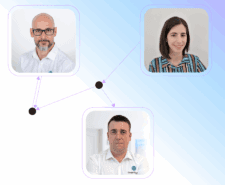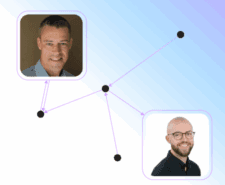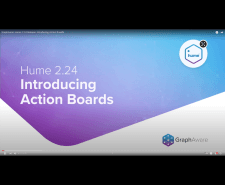Categories
Topics



Utilising the GraphAware Hume platform, the Agency team were able to build a cutting edge solution for the financial crime investigation taskforce.

The Western Australia Police Force’s graph platform IRIS, powered by GraphAware Hume, delivers a cutting-edge technology solution that helps the agency keep their community safe.

